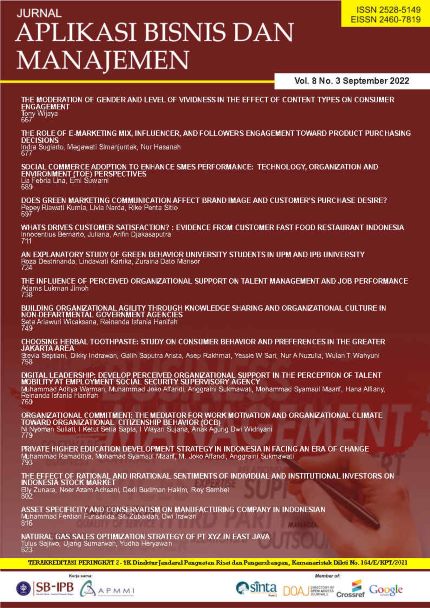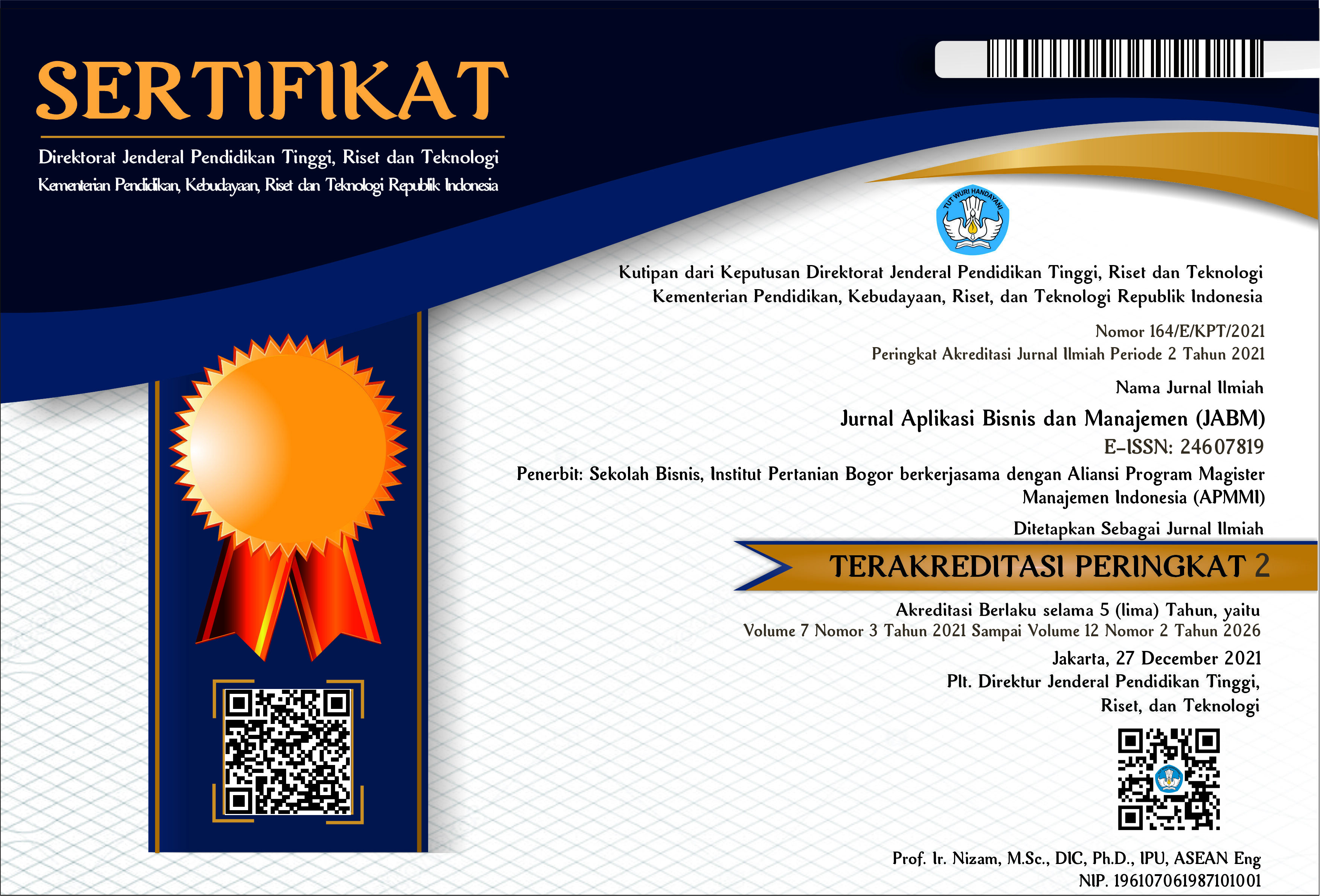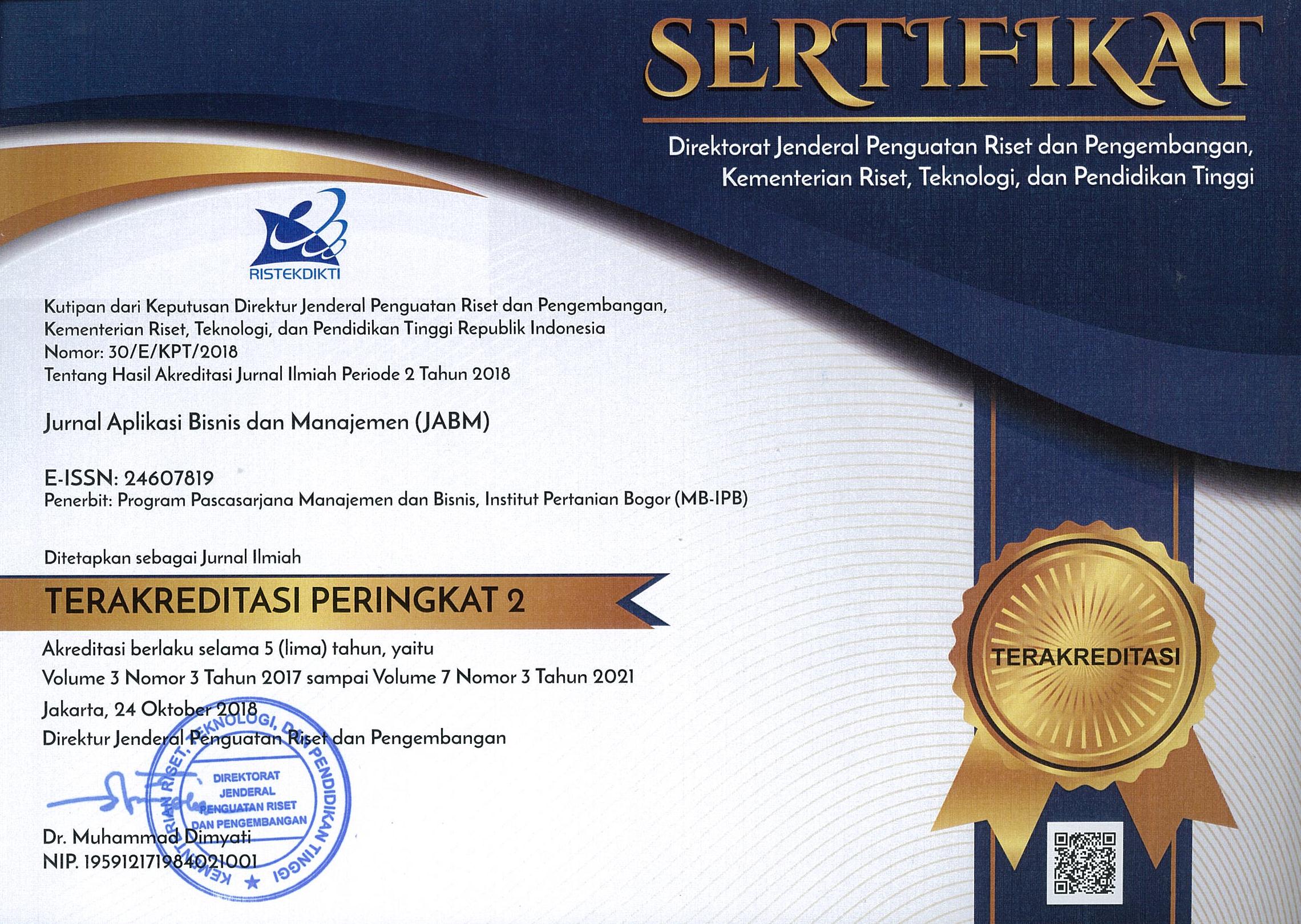Private Higher Education Development Strategy in Indonesia in Facing an Era of Change
Abstract
This study aims to identify how private universities in Indonesia survive and develop and identify development strategies used by private universities in Indonesia in facing the era of change. This study uses a descriptive qualitative approach with a literature review research design and historical analysis methods. The data is sourced from news and journals, a total of 602 data sources and obtained from online publications through trusted sites and indexes. The results of this study are in the form of a strategy typology that can provide a broader view for private universities if they want to develop their institutions according to the resources they have. Specifically, the data collection process follows the five stages of the historical method in the topic selection and evidence collection; evaluation of the source of the evidence; evaluation of the evidence; analysis and interpretation of the evidence; and evidence presentation and conclusion. Developments in educational institutions can be in the form of restructuring, exploring new markets, establishing cooperation or networking with external parties, participating in private higher education development programs, developing human resources in private universities, especially educators and education staff, as well as university social responsibility.
Keywords: private university strategy, development strategy, strategic management, typology strategy








